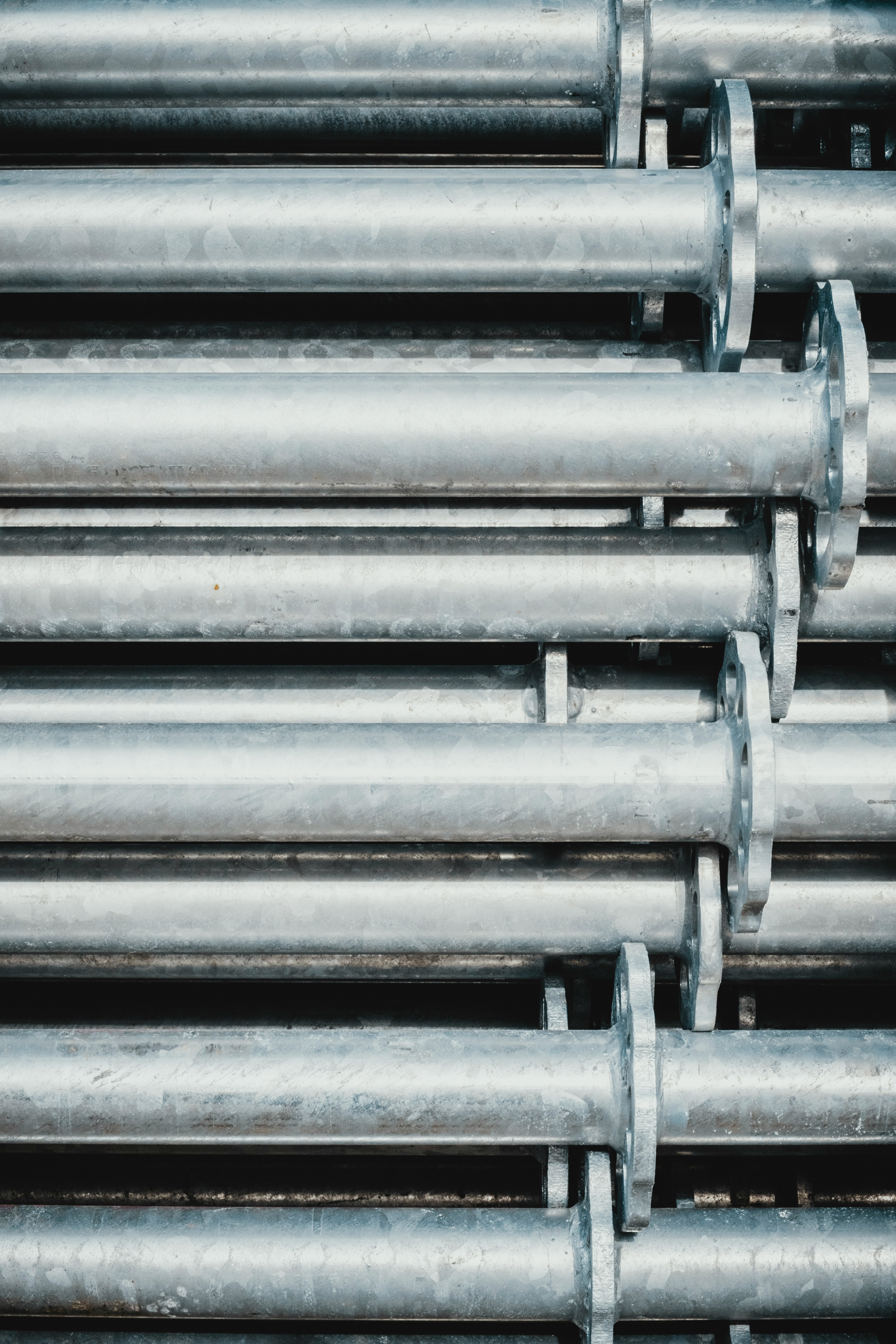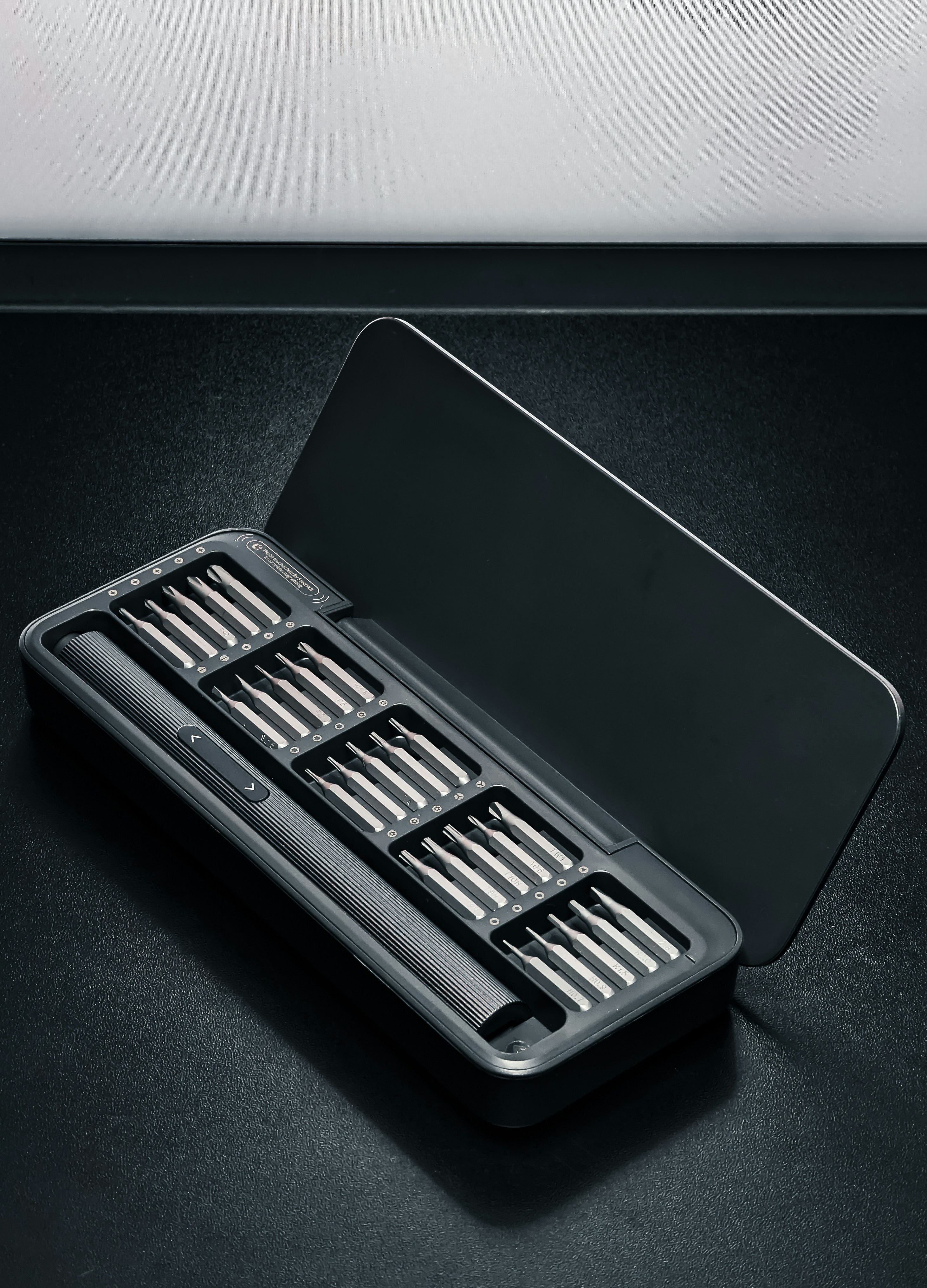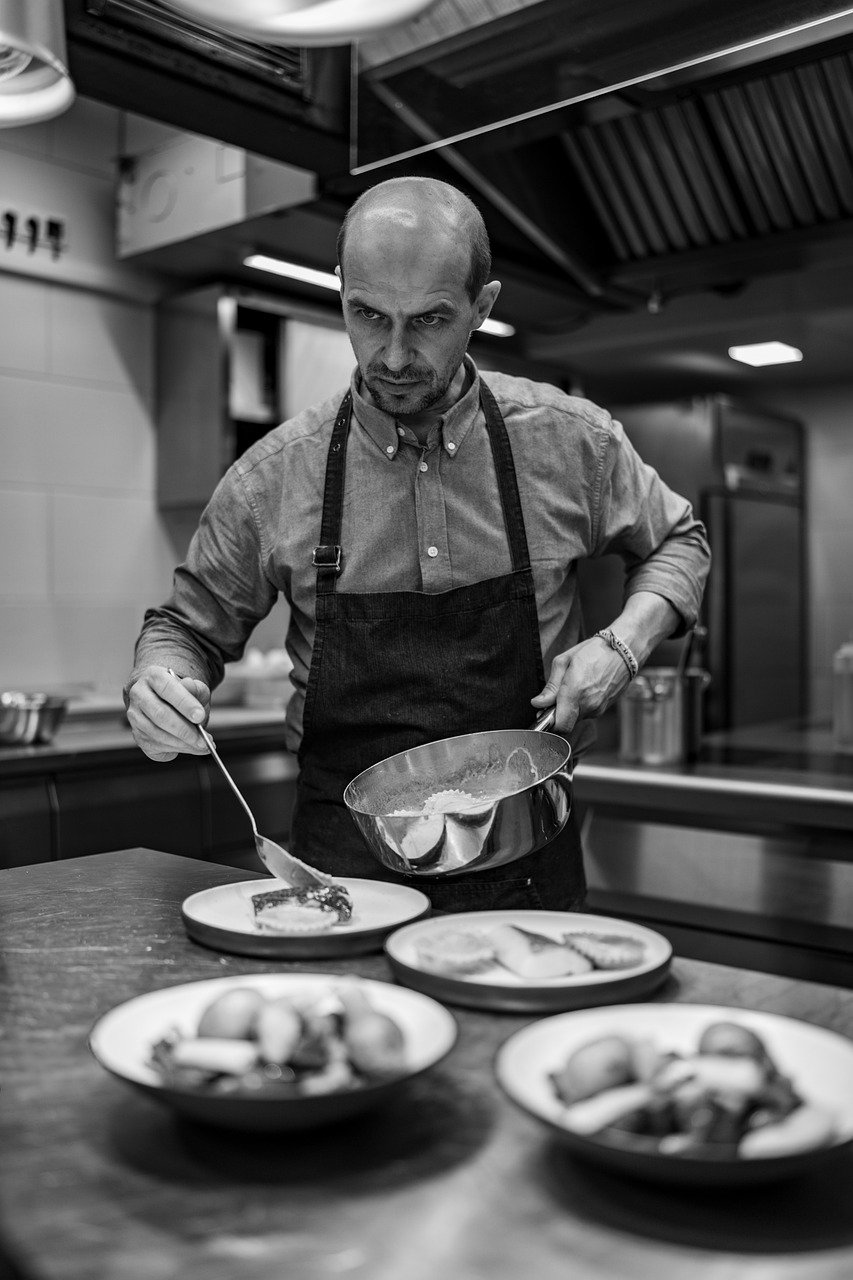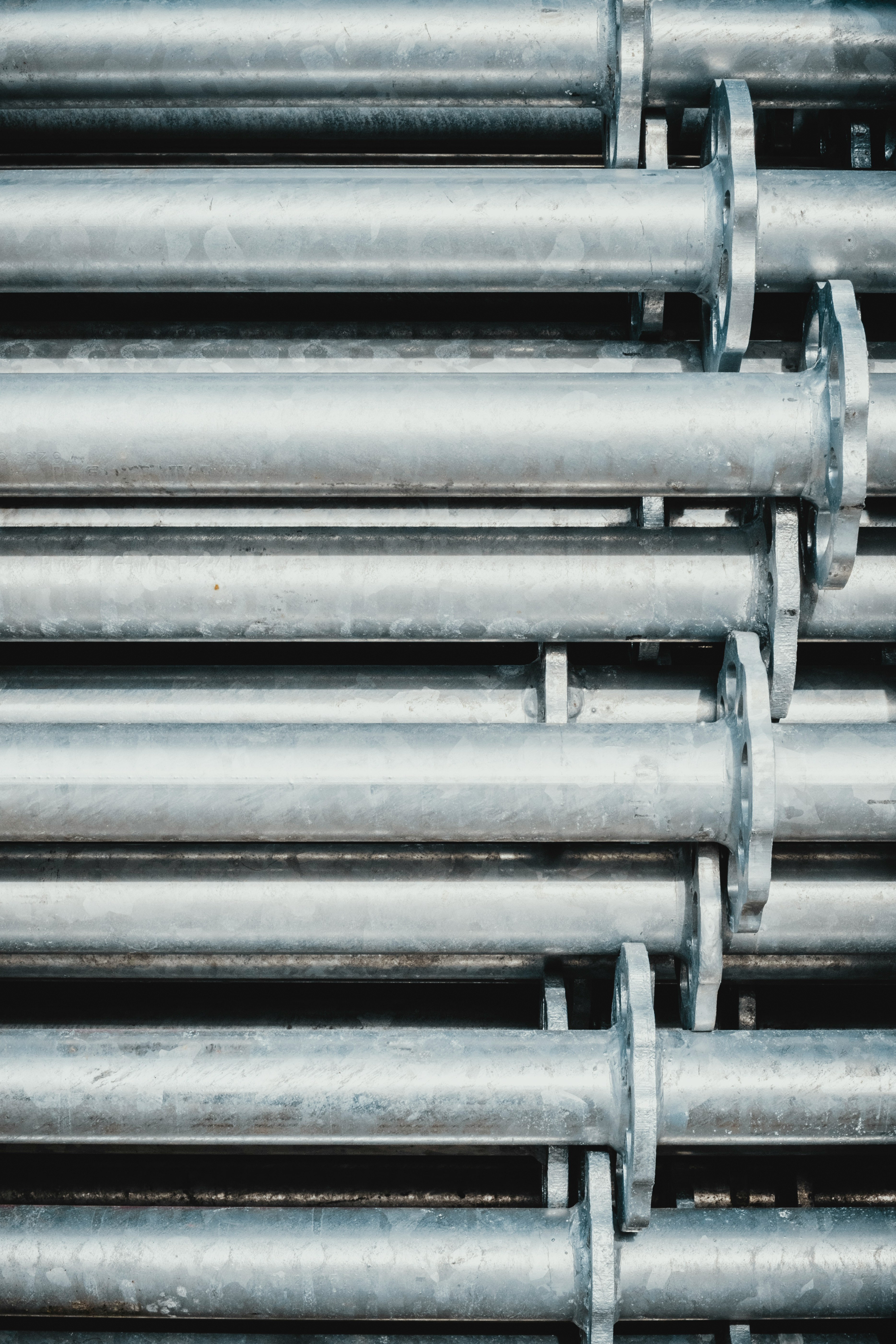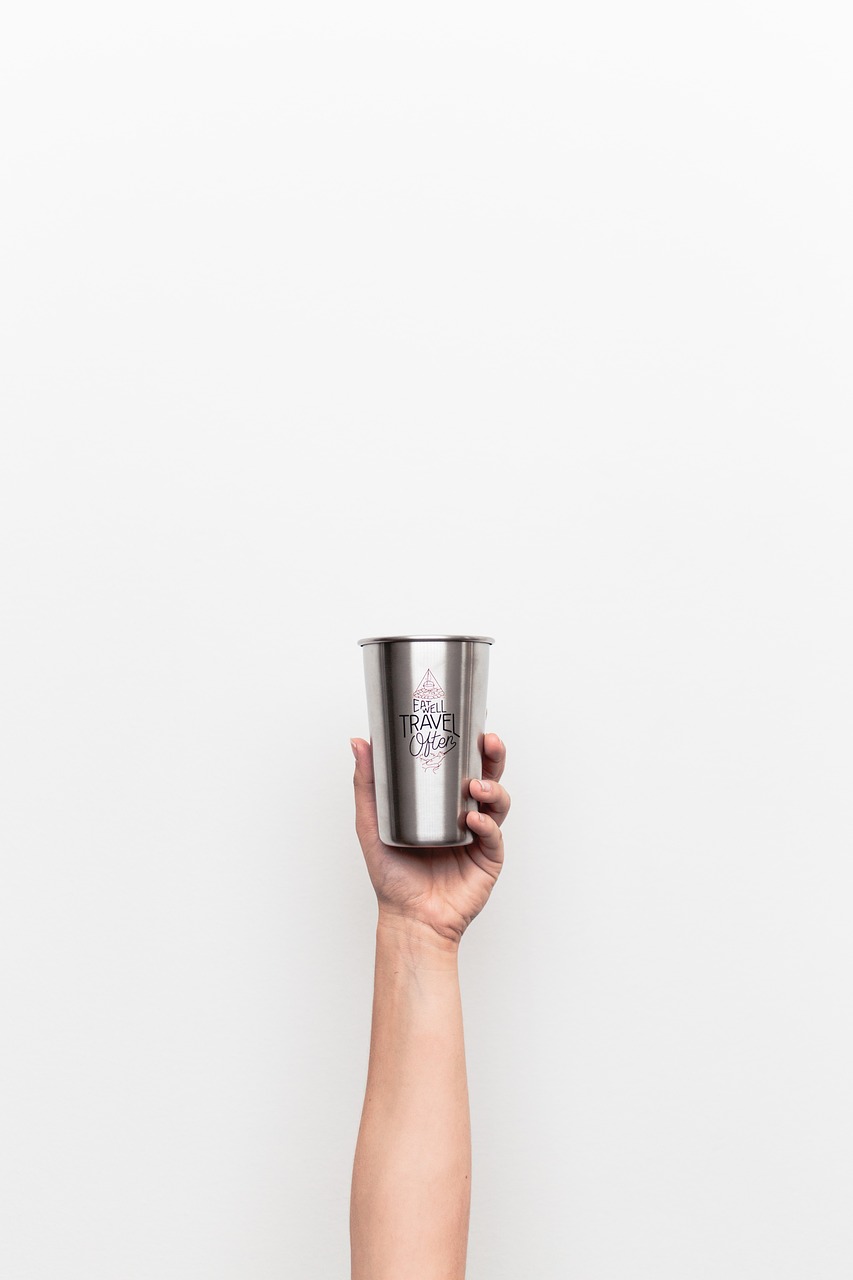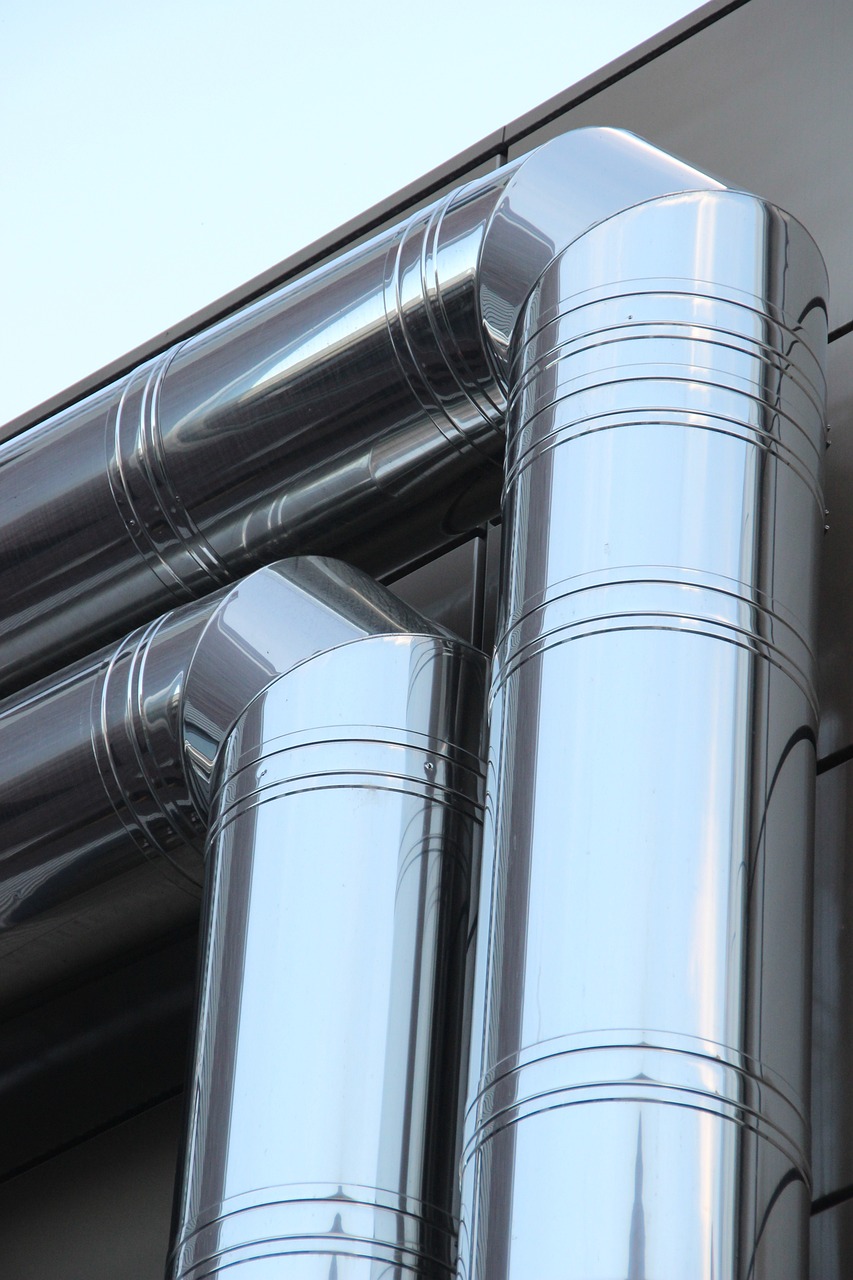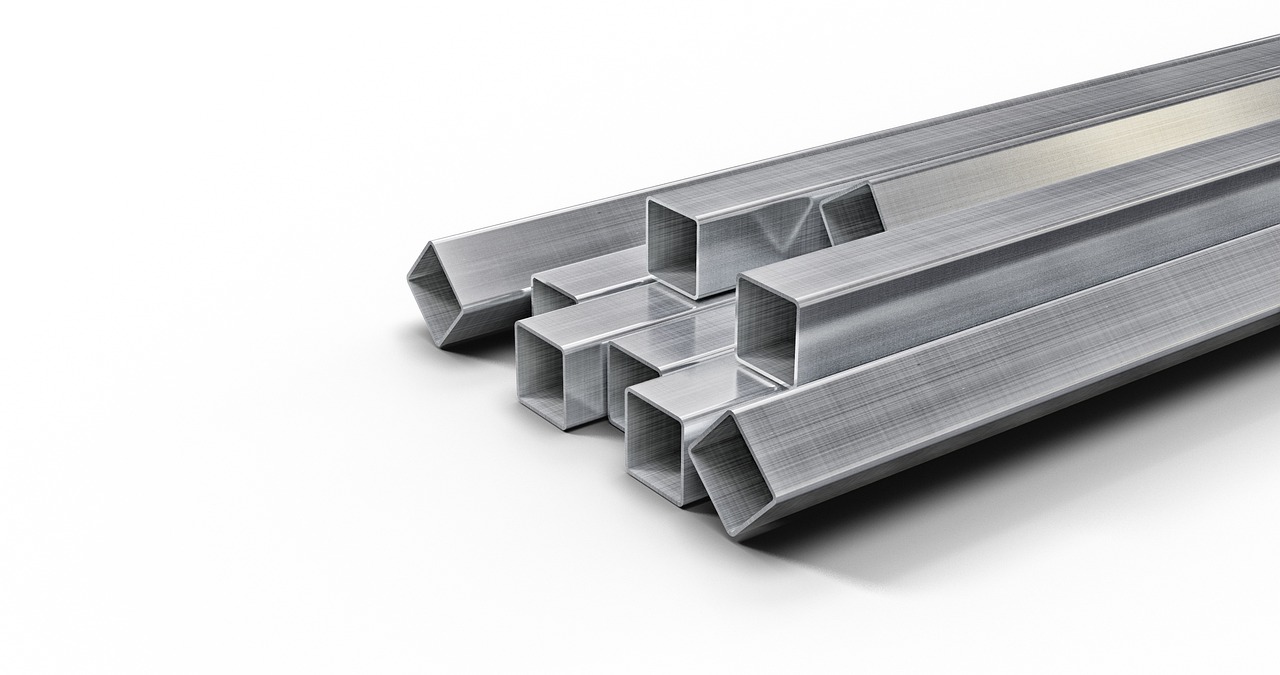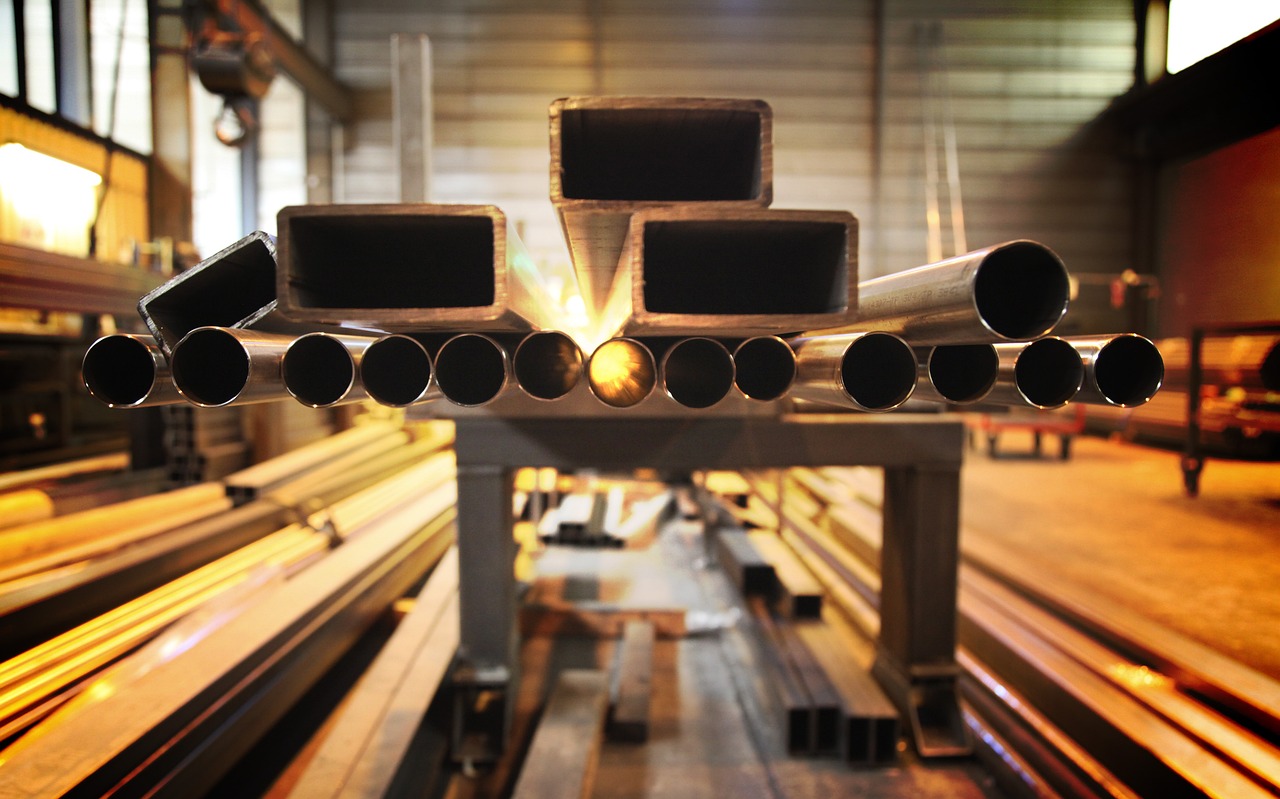Composition: Contains higher levels of carbon.
Properties: High strength, wear resistance, and hardness but lower corrosion resistance.
Common Grades: 410, 420.
Use Cases: Suitable for cutlery, blades, and other items requiring sharp edges.
SHINELONG Kitchen Equipment-A leading supplier of turnkey kitchen solutions in the hospitality and catering since 2008.
Stainless steel is an alloy primarily composed of iron, with a minimum of 10.5% chromium. The chromium in stainless steel forms a passive layer of chromium oxide on the surface, which prevents corrosion and rust. Other elements like nickel, molybdenum, and carbon may also be added to enhance its properties, making stainless steel a versatile material suitable for various applications.
1. Corrosion Resistance: The most notable advantage of stainless steel is its resistance to corrosion. This property makes it ideal for environments where hygiene is paramount, such as in commercial kitchens.
2. Durability: Stainless steel is incredibly strong and durable, capable of withstanding heavy use without warping or breaking. This longevity makes it a cost-effective choice in the long run.
3. Hygiene: Its non-porous surface means that stainless steel does not harbor bacteria or germs, making it easy to clean and maintain.
4. Heat and Fire Resistance: Stainless steel can withstand extreme temperatures without losing its structural integrity, making it ideal for kitchen environments where high heat is a constant factor
5. Aesthetic Appeal: With its sleek, modern look, stainless steel contributes to a professional appearance in commercial kitchens, enhancing the overall ambiance.
There are several types of stainless steel, each with unique characteristics:
① Austenitic Stainless Steel (300 Series):
Composition
Contains high levels of chromium and nickel.
Excellent corrosion resistance, non-magnetic, and good formability.
Common Grades
304, 316.
Use Cases
Widely used in kitchen equipment, sinks, and food processing equipment.
② Ferritic Stainless Steel (400 Series):
Contains chromium with little or no nickel.
Magnetic, less corrosion-resistant than austenitic, but more affordable.
430.
Used in less demanding environments, such as decorative applications and automotive exhausts.
③Martensitic Stainless Steel:
Composition: Contains higher levels of carbon.
Properties: High strength, wear resistance, and hardness but lower corrosion resistance.
Common Grades: 410, 420.
Use Cases: Suitable for cutlery, blades, and other items requiring sharp edges.
④Duplex Stainless Steel:
Composition: A mixture of austenitic and ferritic stainless steel.
Properties: High strength, excellent corrosion resistance, and good weldability.
Common Grades: 2205.
Use Cases: Used in chemical processing, oil and gas industries, and some kitchen applications.
For commercial kitchens, Austenitic Stainless Steel, particularly grade 304, is the best choice. Here’s why:
| Advantage | |
|---|---|
| Superior Corrosion Resistance: | Grade 304 stainless steel offers excellent resistance to rust and corrosion, essential for the high-humidity, high-temperature environment of a commercial kitchen. |
| Ease of Cleaning: | The smooth, non-porous surface of grade 304 stainless steel makes it easy to clean, reducing the risk of bacterial contamination |
| Durability and Strength | Grade 304 is robust and can withstand daily wear and tear without losing its integrity, ensuring that kitchen surfaces, appliances, and equipment last longer. |
| Versatility | This type of stainless steel is highly versatile and can be used in various applications, from countertops and sinks to appliances and storage units. |
Stainless Steel Fabrication is a vital component of any commercial kitchen, offering unparalleled advantages in terms of hygiene, durability, and aesthetic appeal. While various types of stainless steel are available, austenitic stainless steel, particularly grade 304, stands out as the ideal choice for commercial kitchens. Its superior corrosion resistance, ease of maintenance, and long-lasting durability make it the backbone of modern culinary spaces.

Since SHINELONG was established in Guangzhou in 2008, we have made great strides in the fields of commercial kitchen planning and kitchen equipment manufacturing.
IF YOU HAVE ANY QUESTION,PLEASE CONTACT US.
WhatsApp: +8618902337180
WeChat: +8618924185248
Telephone: 20-34709971
Fax: +86 20 34709972
Email: info@chinashinelong.com
After-Sales Contact
Whatsapp :+8619195343796
Email: service@chinashinelong.com
Add: No. 1 Headquarters Center, Tian An Hi-tech Ecological Park, Panyu Avenue, Guangzhou, China.

